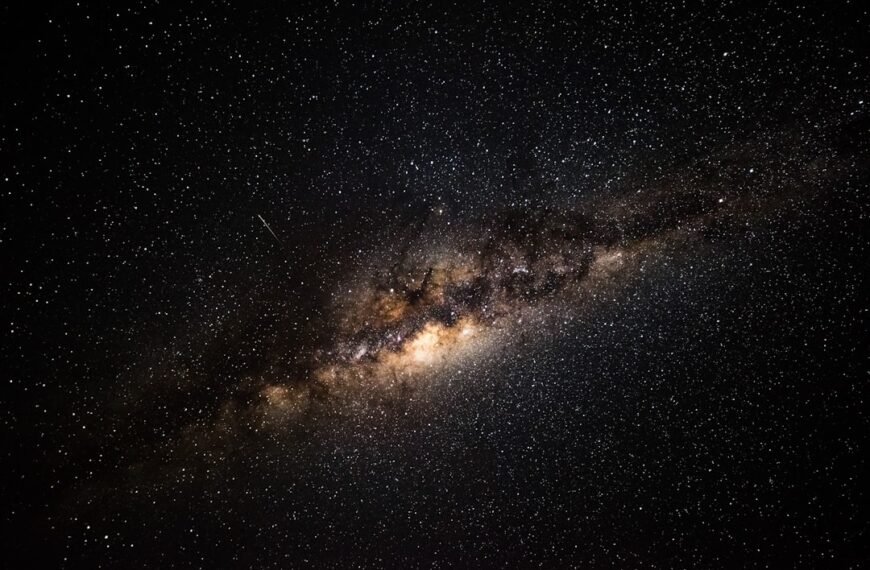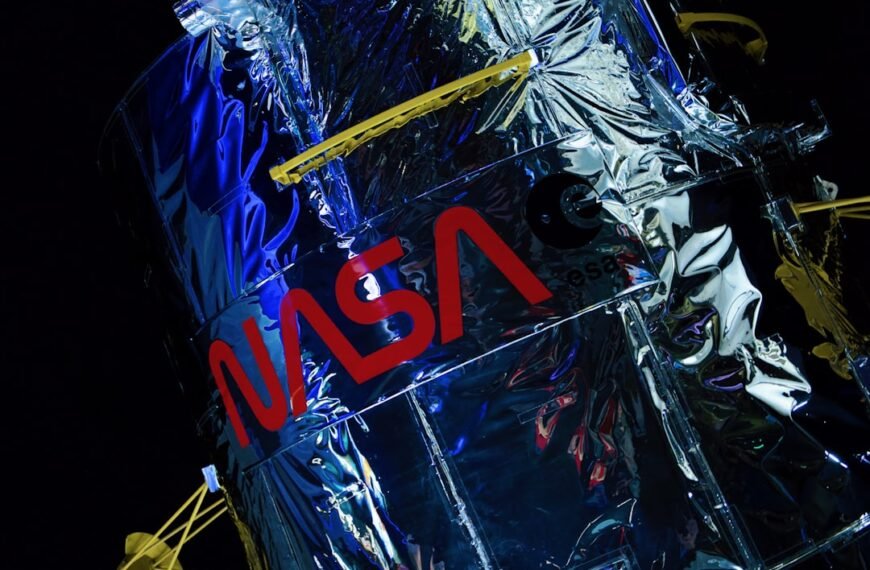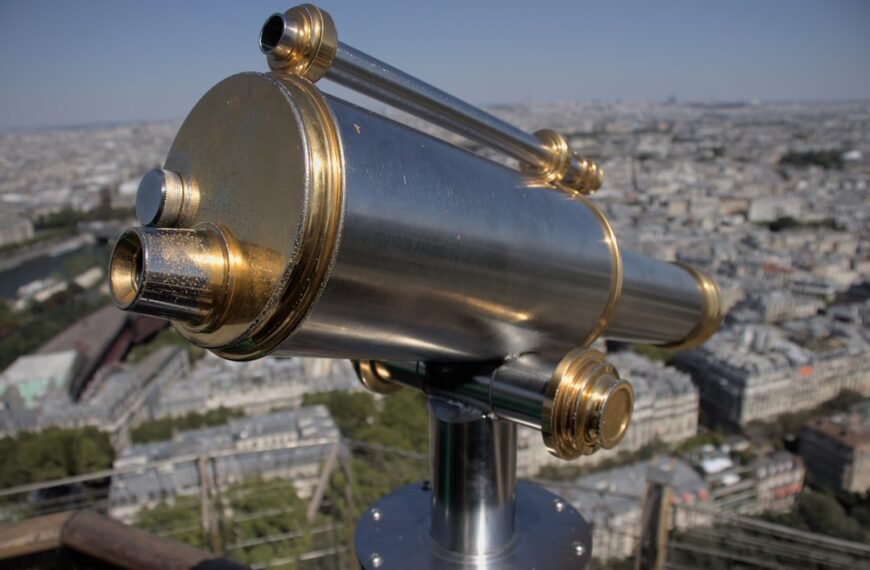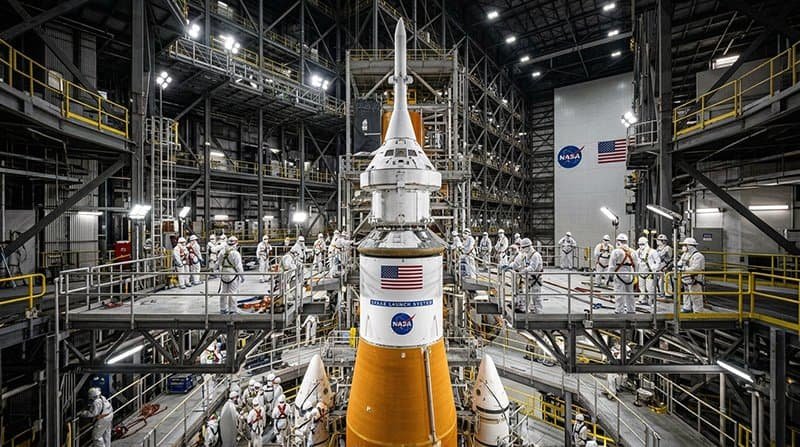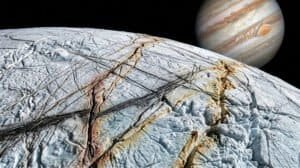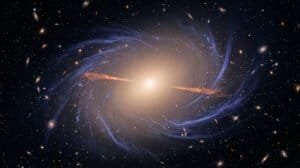Gravity is a fundamental force that exists between any two objects with mass. It is responsible for keeping objects on Earth and plays a crucial role in our daily lives. Without gravity, everything on Earth would float away into space. It is what keeps our feet firmly planted on the ground and allows us to move and interact with our environment.
The importance of gravity in our daily lives cannot be overstated. It is what allows us to walk, run, and jump. It is what keeps our buildings and structures standing upright. It is what enables us to drive cars, ride bicycles, and fly airplanes. Gravity also affects the weather, ocean tides, and the rotation of the Earth. Without gravity, life as we know it would not be possible.
Understanding the concept of gravity and its variations
Gravity works by attracting objects towards each other. The force of gravity depends on the mass of the objects and the distance between them. The larger the mass of an object, the stronger its gravitational pull. The closer two objects are to each other, the stronger their gravitational attraction.
Gravity varies on different planets due to differences in their mass and size. For example, the gravity on Earth is stronger than on Mars because Earth has a larger mass and size. Similarly, the gravity on Venus is weaker than on Earth because Venus has a smaller mass and size.
Factors that influence the strength of gravity on planets
The strength of gravity on a planet is influenced by several factors, including the mass and size of the planet, the distance from the planet’s center, and the rotation of the planet.
The mass and size of a planet determine its gravitational pull. The larger the mass and size of a planet, the stronger its gravity. This is why Earth has stronger gravity than Mars and Venus.
The distance from a planet’s center also affects its gravitational pull. The closer an object is to a planet’s center, the stronger the gravitational attraction. This is why the gravity on mountains is slightly weaker than at sea level, as objects at higher altitudes are farther from the center of the Earth.
The rotation of a planet also influences its gravity. A faster rotation can cause objects on the planet’s surface to experience a slightly weaker gravitational pull. This is known as centrifugal force and is why objects at the equator experience slightly weaker gravity than objects at the poles.
Comparing the strength of gravity on Earth and other planets in our solar system
When comparing the strength of gravity on different planets in our solar system, it is important to consider their mass and size. Earth has a mass of 5.97 x 10^24 kilograms and a radius of 6,371 kilometers, which gives it a gravitational acceleration of 9.8 meters per second squared.
In comparison, Mars has a mass of 6.39 x 10^23 kilograms and a radius of 3,389 kilometers, resulting in a gravitational acceleration of 3.7 meters per second squared. Venus has a mass of 4.87 x 10^24 kilograms and a radius of 6,051 kilometers, giving it a gravitational acceleration of 8.87 meters per second squared. Mercury has a mass of 3.30 x 10^23 kilograms and a radius of 2,439 kilometers, resulting in a gravitational acceleration of 3.7 meters per second squared.
The reason Earth has stronger gravity than Mars and Venus is due to its larger mass and size. While Mars and Venus have significant masses, they are smaller in size compared to Earth, resulting in weaker gravitational pulls.
Exploring the gravitational pull on gas giants like Jupiter and Saturn
Gas giants like Jupiter and Saturn have unique characteristics that affect their gravitational pull. Unlike rocky planets like Earth, gas giants are composed mostly of hydrogen and helium and do not have a solid surface. Instead, their gravity is generated by the immense mass of gas in their atmospheres.
The gravity on gas giants is much stronger than on rocky planets. Jupiter, for example, has a mass of 1.90 x 10^27 kilograms and a radius of 69,911 kilometers, resulting in a gravitational acceleration of 24.79 meters per second squared. Saturn has a mass of 5.68 x 10^26 kilograms and a radius of 58,232 kilometers, giving it a gravitational acceleration of 10.44 meters per second squared.
The strong gravity on gas giants is due to their massive size and the immense amount of gas they contain. This makes them inhospitable for human exploration, as the high gravity would make it extremely difficult for astronauts to move and perform tasks.
The impact of planetary mass and size on gravity
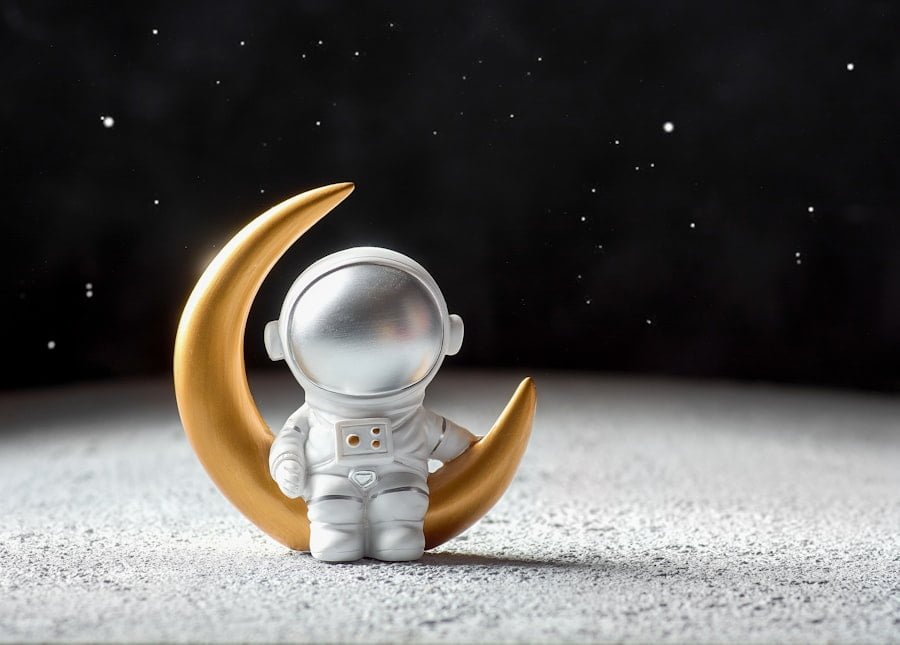
The mass and size of a planet have a direct impact on its gravity. The larger the mass and size of a planet, the stronger its gravitational pull. This is because gravity is directly proportional to mass and inversely proportional to the square of the distance between two objects.
For example, Earth has a mass of 5.97 x 10^24 kilograms and a radius of 6,371 kilometers, resulting in a gravitational acceleration of 9.8 meters per second squared. The Moon, on the other hand, has a mass of 7.35 x 10^22 kilograms and a radius of 1,737 kilometers, giving it a gravitational acceleration of 1.62 meters per second squared.
Despite having significantly less mass than Earth, the Moon’s smaller size results in weaker gravity. This is why astronauts on the Moon can jump higher and move more easily compared to Earth.
Investigating the gravitational force on dwarf planets like Pluto
Dwarf planets like Pluto have characteristics that are similar to both planets and moons. They are smaller than planets but larger than moons, and their gravity is influenced by their mass and size.
Pluto has a mass of 1.31 x 10^22 kilograms and a radius of 1,188 kilometers, resulting in a gravitational acceleration of 0.62 meters per second squared. While this is significantly weaker than Earth’s gravity, it is still strong enough to keep objects on its surface.
Compared to other planets in our solar system, Pluto has a relatively weak gravitational pull due to its small size. This is why it was reclassified as a dwarf planet in 2006, as it does not meet the criteria to be considered a full-fledged planet.
The role of distance in determining the strength of gravity on other planets
Distance plays a crucial role in determining the strength of gravity on other planets. The closer an object is to a planet’s center, the stronger the gravitational attraction. This is because gravity follows an inverse square law, which means that the force of gravity decreases exponentially as the distance between two objects increases.
For example, the gravity on Earth’s surface is stronger than at higher altitudes because objects at higher altitudes are farther from the center of the Earth. Similarly, the gravity on the Moon is weaker than on Earth because the Moon is farther away from the center of the Earth.
The role of distance in determining gravity is also evident when comparing the gravity on different planets. For example, Mars has weaker gravity than Earth because it is farther from the Sun and has a smaller mass and size.
The potential implications of stronger gravity on other planets for space exploration
The stronger gravity on other planets presents significant challenges for space exploration. Astronauts would need to overcome the increased gravitational pull in order to move and perform tasks. This would require more energy and could potentially lead to physical strain and fatigue.
Exploring planets with stronger gravity would also require more advanced technology and equipment. Spacecraft would need to be designed to withstand the increased forces and pressures associated with higher gravity. This could increase the cost and complexity of space missions.
Additionally, the stronger gravity on other planets could limit the types of experiments and research that can be conducted. Microgravity environments, like those found on the International Space Station, allow for unique experiments and studies that are not possible on Earth. The stronger gravity on other planets would make it more difficult to create similar conditions for scientific research.
The significance of studying gravity on other planets for our understanding of the universe.
Studying gravity on other planets is crucial for our understanding of the universe. It allows us to explore the diverse range of gravitational forces that exist in our solar system and beyond. By comparing the strength of gravity on different planets, we can gain insights into the factors that influence gravity and how it shapes the characteristics of celestial bodies.
Understanding gravity on other planets also has practical implications for space exploration. It helps us design spacecraft and equipment that can withstand different gravitational forces and allows us to plan missions to other planets more effectively.
Overall, studying gravity on other planets expands our knowledge of the universe and deepens our understanding of the fundamental forces that govern it. It is an essential part of our exploration and quest to unravel the mysteries of space.
If you’re fascinated by the mysteries of the universe and want to delve deeper into the topic of gravity on other planets, you won’t want to miss this intriguing article on The Universe Episodes website. In their blog post titled “Can gravity be stronger on other planets compared to Earth?”, they explore the possibility of varying gravitational forces across different celestial bodies. Discover how gravity can differ on other planets and gain a deeper understanding of the fundamental forces that shape our universe. To read more, check out their website at https://theuniverseepisodes.com/blog/.
FAQs
What is gravity?
Gravity is a force that attracts two bodies towards each other. It is the force that keeps planets in orbit around the sun and the moon in orbit around the Earth.
Is gravity the same on all planets?
No, gravity is not the same on all planets. The strength of gravity depends on the mass of the planet and the distance from its center.
Can gravity be stronger on other planets compared to Earth?
Yes, gravity can be stronger on other planets compared to Earth. For example, Jupiter has a much stronger gravitational pull than Earth due to its larger mass.
Can gravity be weaker on other planets compared to Earth?
Yes, gravity can be weaker on other planets compared to Earth. For example, the gravitational pull on Mars is only about 38% of Earth’s gravity due to its smaller mass.
How does gravity affect humans on other planets?
Gravity affects humans on other planets by determining their weight. If the gravity is stronger, humans will weigh more, and if the gravity is weaker, humans will weigh less.
Can humans survive in a planet with stronger gravity?
It is possible for humans to survive in a planet with stronger gravity, but it would be more difficult to move around and perform physical activities due to the increased weight. Over time, the human body may also experience negative effects from the increased gravitational force.
–
Summary:
I think gravity is a fundamental force that keeps objects on Earth and plays a vital role in our daily lives. Without gravity, everything on Earth would float away into space. Gravity allows us to walk, run, jump, and interact with our environment. The strength of gravity depends on the mass of objects and the distance between them.
My Thoughts:
I believe this article provides valuable insights into how gravity works on different planets, influenced by factors like mass, size, distance from the center, and rotation. Understanding gravity on various celestial bodies is crucial for space exploration and deepening our understanding of the universe.
Benefits of Reading:
Reading this article can enhance your knowledge of gravity’s role in our lives and how it varies across planets. It sheds light on the challenges and implications of exploring planets with stronger gravity and highlights the importance of studying gravity for space exploration.
Main Message:
The main message of this article is to emphasize the significance of gravity in our daily lives, its variations on different planets, and its impact on space exploration. By exploring the complexities of gravity on various celestial bodies, we can expand our understanding of the universe and the fundamental forces that govern it.
–





